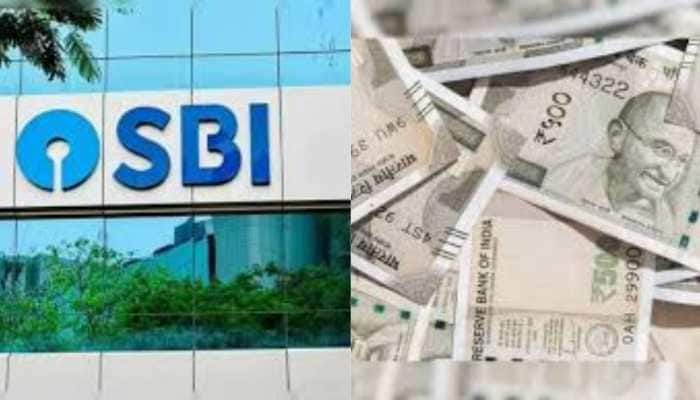Odisha Assembly passes GST Bill
The Odisha Assembly has passed the Odisha Goods and Services Tax Bill, 2017 and the Odisha Value Added Tax (Amendment) Bill, 2017, paving the way for the rollout of the indirect tax regime from July 1 in the state.
Trending Photos
)
Bhubaneswar: The Odisha Assembly has passed the Odisha Goods and Services Tax Bill, 2017 and the Odisha Value Added Tax (Amendment) Bill, 2017, paving the way for the rollout of the indirect tax regime from July 1 in the state.
Though opposition Congress demanded that the Odisha GST Bill, 2017 be sent to the Select Committee for more deliberation, the House passed the legislation through a voice vote during a special session convened for this particular purpose.
Leader of Opposition Narasingha Mishra, however, said the state should not follow the model of the GST Council and the legislation needed to be passed keeping in view the requirements of Odisha.
"The GST Council cannot overrule the legislature. The lawmakers of the state need to decide what should be in the legislation, not the council," the Congress leader said, while alleging that the current model was made "to keep the corporates and industries happy".
Participating in the debate, state Finance Minister SB Behera said the GST Council had accepted at least seven proposals of the Odisha government. However, its demand for allowing the coal-bearing states to impose a green cess on coal production had been rejected, he added.
"This particular issue may be taken up with the council again," Behera said.
"Odisha had strongly advocated that the GST rate should be 'nil' in case of Lord Jagannath's mahaprasad and basic food items such as rice, pulses, ragi, vegetables, fruits, eggs and others. These proposals have been accepted at the Srinagar meeting of the GST Council," he told the House.
The council had also accepted the Odisha government's proposal not to bring farmers and agriculturists under the GST registration, the minister said, adding that the state's demand to consider 2015-16 as the base year had also got the council's nod.
Odisha, he said, had also demanded that the supply to or from the territorial waters (20 nautical miles from the seashore) be deemed as inter-state supply to the nearest coastal state. GST will be charged on those supplies.
"The projected revenue growth was agreed at 14 percent against the proposed growth rate of 12 percent by the Centre," Behera said, adding that a single-member bench in the tribunal would be able to decide on cases involving a small amount of tax, so that they were disposed of fast.
The twin bills will ensure a simplification of the tax administration, while the Odisha Value Added Tax (Amendment) Bill, 2017 would allow the state to impose VAT only on six items, the minister said.
Behera said GST will unify at least 17 central and state taxes together and products manufactured in the country, including in Odisha, will be able to compete in the international market.
"GST will help extend the tax network and bring improvement in the tax administration," he added.
Behera said the Centre would have no right to impose tax on the sale of products and the states would not be able to impose tax on services.
On the Odisha Value Added Tax (Amended) Bill, he said the state will now impose VAT only on six items -- five petroleum products and liquor.
This bill was also passed through a voice vote.
After the passing of the twin bills, Speaker Pradip Kumar Amat adjourned the House sine die.
Stay informed on all the latest news, real-time breaking news updates, and follow all the important headlines in india news and world News on Zee News.
Live Tv







)
)
)
)
)
)
)
)
)
)
